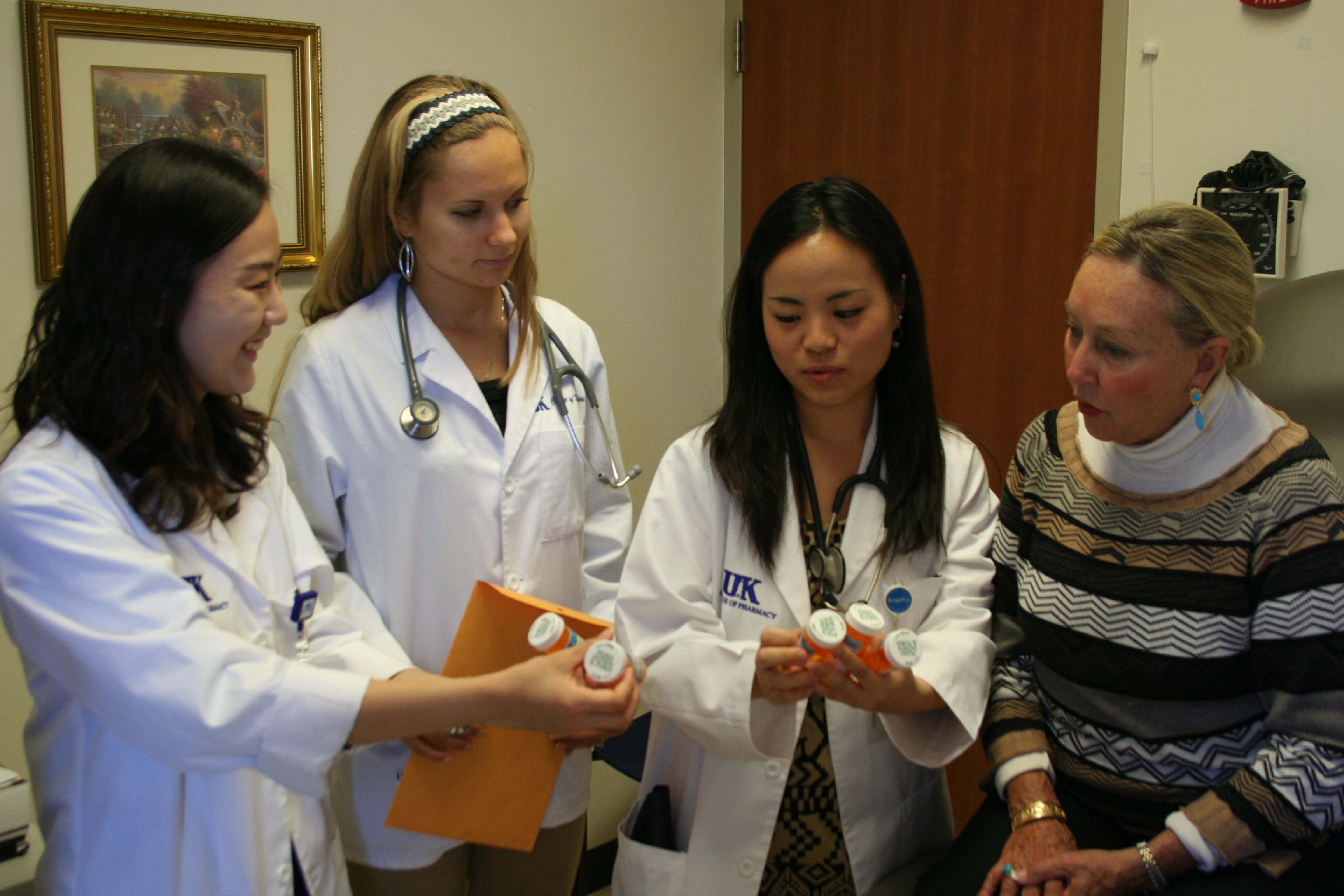
The Crisis
America is in the midst of the most severe public health crisis since the 1918 Spanish Flu pandemic, namely with the opioid crisis. Accidental overdose deaths have skyrocketed, and life-expectancy has declined.
This uniquely American epidemic is multi-factorial in origin, with the pharmaceutical industry, physicians and organized medicine all sharing the blame. While opioids are the current face of this epidemic, they are only one aspect of a larger crisis of unhealthy substance use and addiction. We cannot afford to only address opioid addiction, since cessation of one drug without comprehensive care can simply result in substitution with another drug. Fortunately, as Americans from all walks of life take increasing notice of the severity of the crisis, the healthcare industry is marshaling all its resources to help combat the epidemic.
The Response
Perhaps the most important component of the response to the crisis has been the ascendance of America’s newest multi-specialty subspecialty, addiction medicine. In 2015, addiction medicine became the newest medical specialty, recognized by the American Board of Medical Specialties (ABMS) as a sub-specialty of the American Board of Preventive Medicine (ABPM). This landmark achievement heralds a new era in the field of organized addiction medicine as physicians are now able to become board certified in addiction medicine via the gold standard ABMS designation. The first ABPM Addiction Medicine board exam was administered in the Fall of 2017, and over 1,000 physicians became board certified. Many more have applied for the upcoming exam this fall.
Building the workforce of addiction medicine physicians is essential if we are to address unhealthy substance use and addiction as the public health and medical problems they are, and to assure that all in need of help receive quality prevention and treatment services. This is done by creating and sustaining fellowship training programs. Fellowships are the lifeblood of any medical specialty, as they provide the educational pathway wherein physicians become experts in their field. These fellowship graduates become the natural champions, researchers and change agents who proliferate throughout the field and help spread best practices throughout the entire healthcare arena. In addition to providing front-line clinical care, fellowship graduates become advocates at the local, state and national level to inform policy and guide legislators as they do their part to combat the ongoing crisis.
At present, there are 52 fellowship programs in the United States and 3 in Canada that have been accredited by The Addiction Medicine Foundation. It is expected that the majority of US-based addiction medicine fellowship programs will apply for ACGME accreditation throughout the next few years.
The Future
The Addiction Medicine Foundation is providing frontline support for the migration of fellowships into ACGME accreditation and continues to support the creation of additional high-quality, sustainable fellowship programs, with an ultimate goal of 125 fellowship programs by 2025.
In addition to helping to create fellowships, the Foundation has established a National Research Center in collaboration with the University of Tennessee Health Science Center to study all aspects of addiction medicine fellowships, their graduates, the impact of the fellowships and matters related to the addiction medicine workforce. The Addiction Medicine Foundation also facilitated the establishment of the independent Addiction Medicine Fellowship Directors Association (AMFDA) and has brought together its members for three annual meetings to discuss all topics relevant to addiction medicine training. In 2019, The Addiction Medicine Foundation and Addiction Medicine Fellowship Directors Association will merge into a combined successor organization known as the American College of Academic Addiction Medicine (ACAAM), continuing and advancing their work.
Many medical schools, federal agencies, philanthropies and other organizations are asking themselves how they too can help combat the ongoing crisis. The most important and critical step is to help build the addiction medicine workforce by establishing and providing resources to support fellowship training programs. Only by providing a spectrum of science-informed prevention, early intervention, evidence-based treatment and comprehensive disease management can we hope to stem this crisis and prevent the next. To do this, we need trained physicians and educators to train other health care professionals; we need champions to educate the public and reduce stigma; and we need funding. America deserves nothing less.